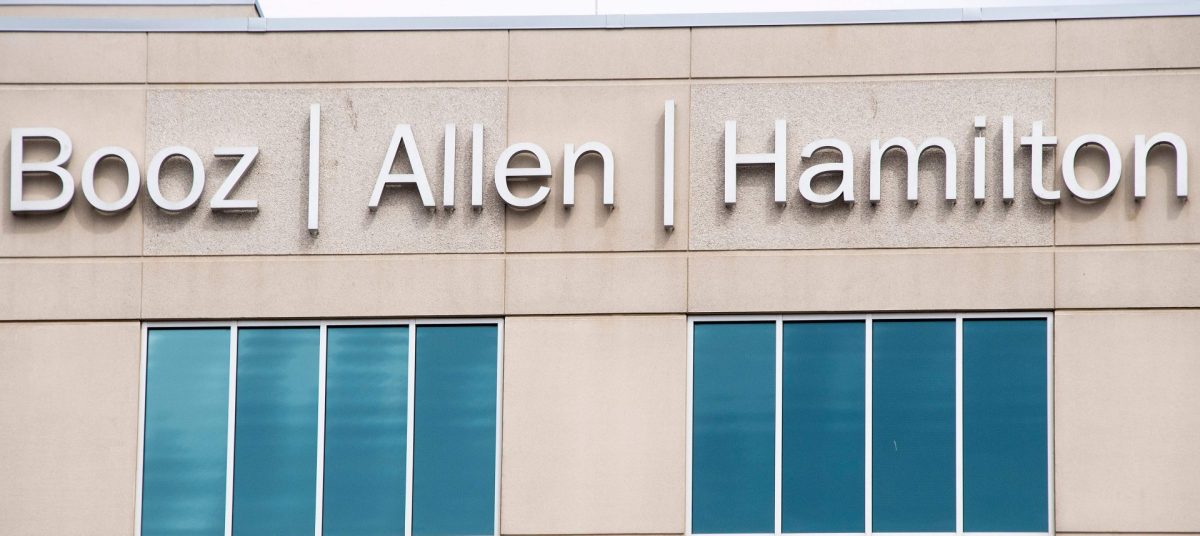Maryland federal judge sets timeline for preliminary hearings in DOJ-Booz Allen antitrust lawsuit

A federal judge in Maryland has set out a timeline for pre-trial depositions in the Department of Justice’s antitrust lawsuit against Booz Allen Hamilton over the company’s acquisition of national security technology company EverWatch.
In a memorandum filed Sept. 6, United States District Judge Catherine C. Blake called on both parties to exchange deposition designations on or before Sept. 7 and to serve objections and counter-objections on or before Sept. 9.
The court will then discuss objections at a pre-trial conference on Sept. 13, according to the memo.
According to the ruling of Judge Blake, each side will be entitled to designate or counter-designate a total of three hours of deposition testimony during the pre-trial hearing.
Details of the timeline for the preliminary hearing are the latest step in the lawsuit filed by the DOJ after Booz Allen in March announced its plan to acquire EverWatch for an undisclosed sum.
Last month the DOJ argued in a submission to the court that the deal would negatively affect a key intelligence modeling and simulation services procurement run by the National Security Agency.
This came after Booz defended the deal in court documents, stating that the transaction would increase competition in the government services space and support the country’s national security goals. In its defense at the time, the company described the DOJ’s antitrust concerns as “imaginative” and “overreaching.”
A Booz Allen Hamilton spokesperson said: “We are pleased with and appreciative of the Court’s guidance regarding deposition testimony.”
“The factual record in this matter continues to establish that DOJ’s initial assumptions of this transaction were flawed, and that this transaction would enhance overall industry competition and deliver benefits for both the government customer and, ultimately, American taxpayers,” the spokesperson added.
The DOJ did not respond to a request for comment.





